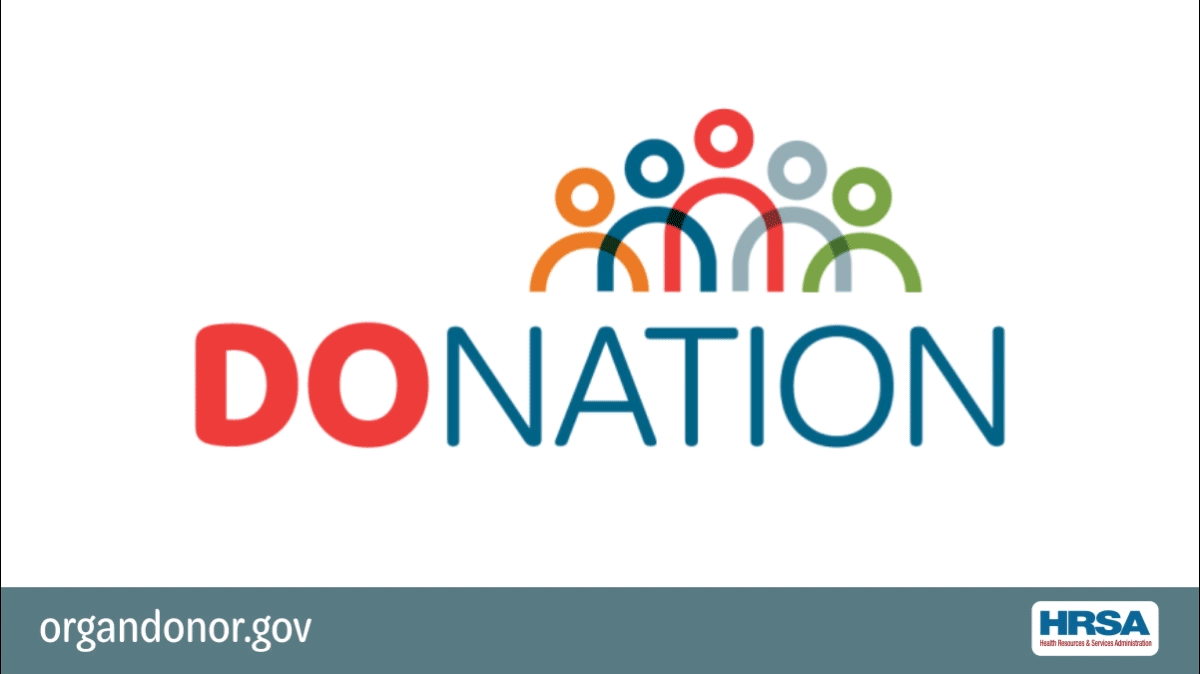The non-partisan Congressional Budget Office (CBO) said Monday that the House Republican bill to repeal and replace parts of the Affordable Care Act (ACA) would cause 24 million people to lose health insurance within a decade but reduce federal deficits by $337 billion.
The analysis from the CBO and the Joint Committee on Taxation (JCT) estimates that 14 million more people would be uninsured in 2018 under the proposed American Health Care Act (AHCA) as opposed to under current law. That number would rise to 20 million in 2020 and 24 million in 2026.
The U.S. House Energy and Commerce Committee and the House Ways and Means Committee gave their approval to the legislation last week, with the bill passing both panels along party lines. The bill heads to the House Budget Committee, which was waiting on a fiscal impact score from the CBO, before being considered by the House Rules Committee and eventually the entire House.
The American Hospital Association (AHA) and SDAHO are urging members to reach out to their representatives to oppose the legislation.
In a letter to Congress issued Tuesday, AHA President/CEO Rick Pollack said the AHA looks forward to continuing to work with Congress and the Trump administration on ACA reform, but it cannot support the proposed bill in its current form. Pollack said any changes to the ACA must ensure that providers can continue to deliver health care coverage to the tens of millions of Americans who have benefited from the ACA.
The CBO said that the reductions in the number of insured over the 2018-2026 time period would stem mostly from changes in Medicaid enrollment, as some states would discontinue their expansion of eligibility, some states would choose not to expand in the future and per-enrollee spending in the program would be capped. By 2026, an estimated 54 million people would be uninsured, nearly double the current number of uninsured (28 million), the office said.
The CBO also said the ACHA would increase average premiums for non-group single policyholders prior to 2020, while lowering them afterward.
The AHCA would repeal the ACA’s employer and individual mandates to purchase health coverage and replace the law’s means-tested advance premium tax credits and cost-sharing reductions with tax credits that vary by age and income. The package also would end the ACA’s Medicaid expansion, beginning in 2020, and transition the program to a per capita cap funding model. In addition, the package would repeal most of the law’s taxes while maintaining, though delaying, the tax on high-value employer-sponsored health plans (or “Cadillac” tax).
It would impose per-enrollee limits on federal payments to states, using each state’s spending in FY 2016 as the base year to set targeted spending for each enrollee category (elderly, blind and disabled, children, non-expansion adults, and expansion adults) in FY 2019 and subsequent years. Each state’s targeted spending amount would increase by the percentage increase in the medical care component of the consumer price index (CPI) for all urban consumers from September 2019 to September of the next fiscal year.
A section-by-section breakout of the bill can be downloaded from here.






